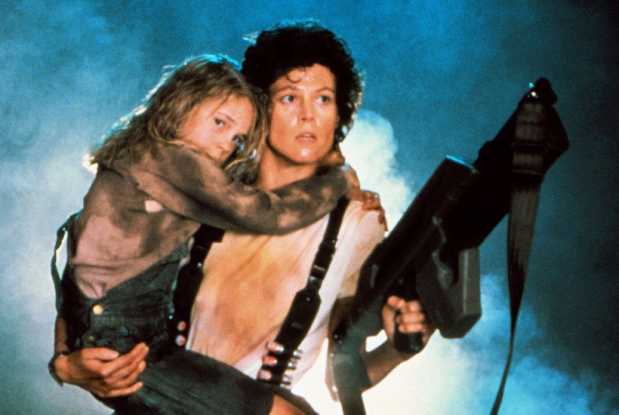Like lumbering dinosaurs oblivious to the asteroid bearing down on them, companies that trade on their brand alone to see them through the current economic turbulence are more likely to face an extinction-level event of customer backlash.
Cost of living pressures mean that most consumers have zero tolerance for consumer-based companies that continue to advertise themselves as being all about ‘you’, cashing in on the goodwill their brand has built over the years, while allowing the customer service arm of their business to fail.
In 2023, customer support experts Fluent published the seven things consumers hate when it comes to customer service. The top three were ‘limited access to live support’; ‘slow resolution of issues’; and ‘poor communication and breaking commitments’.
In my experience, the third of these is perhaps the sin that companies involved in retail and tourism are most guilty of committing. These are usually companies that rely on their well-established brand name to represent quality, service, and unparalleled experience.
This makes the pain even more acute for the consumer when they are either sidelined or completely abandoned by the customer service arm of said business.
When my family and I travel to Fiji for a holiday, we usually go to an amazing little gem of a resort off the coast of Suva. One small island has only a handful of bures (thatched cottages). As a paradise, it is hard to beat.
However, a few years ago we thought we’d try one of the global giant big brand resorts on the Coral Coast.
From the moment we arrived everything felt off. At check-in, we were given no information about the hotel or how to book services. On our first night we were turned away from three of the resort’s restaurants because we were unaware you had to book in advance – a mistake we saw numerous other guests make during our stay.
On raising this as an issue, we were offered a nice table at one of the other restaurants. It took 45 minutes for our daughter to be served her ‘kids meal’ comprising a bowl of steamed rice and three cucumber sticks. Our meal took two hours to arrive.
In something out of the Twilight Zone, the wait staff actually approached us after about an hour and a half to ask, ‘Will there be anything else this evening?’ ‘Our meals would be a start…’ was my polite response.
This was on top of there being no towels available poolside within 15 minutes of the pool opening; cold meals in the buffet; one guest soliciting her ‘services’ in front of where our family were sitting on the resort beach; and the guests from the next room who decided to have an alcohol-fueled evening picnic on the lawn outside our ground floor accommodation until the wee hours.
When we relayed our experience to the head office of the franchise, they did say sorry and refunded the cost of the restaurant meal that took two hours to arrive. That was it.
The more I’ve talked about our experience, the more I’ve heard similar tales from friends and colleagues. Companies that make millions of dollars in profit every year are cutting back on the quality of their customer care.
It’s not just the tourist industry that is letting its customers down with poor customer care.
Our modus operandi when it comes to entertainment and computing goods is to save up or finance to buy top-of-the-line items so they last a long time.
We employed that strategy with the purchase of our television in 2021 from one of the most well-known retailers. For peace of mind, we purchased a ‘replace or repair’ package. Unfortunately, a critical component recently failed on the unit.
We immediately accessed our customer care package and started the ‘repair or replace’ process. An electrician inspected the unit and confirmed it was kaput and needed to be replaced.
That’s when the real saga began. After a few days, we had heard nothing from customer care, so we decided to make contact. Upon reviewing our claim then and there, the service representative decided it needed to be escalated. Fearing our claim had entered a galaxy of bureaucracy, I checked in with customer care often. For over a week, there was nothing to report.
At one point, the retailer told us they could refund us the initial cost of the unit if we wanted to ‘settle’, even though the unit is now retailing for a full thousand dollars more on their website.
Finally, after about the tenth call, I was told by customer care that they were awaiting a response from the manufacturer. It was presented to me as if this had been the reason for the delay all along.
Being a conscientious lad, I contacted the manufacturer. I was told that the first they’d heard of our plight was that very morning.
Obviously being a company that actually understands the value of brand trust, the manufacturer became our knight in shining armour. Within two phone calls the manufacturer had issued an apology and provided a solution that we were more than happy with.
To us, they were the rescue chopper in a sea of bureaucratic customer service flotsam and jetsam.
With inflation continuing to bite, energy bills at an all-time high, and interest rates showing no sign of retreating, consumer based companies – be they retail or tourism – that rely on their brand alone and allow their customer care models to degraded, will eventually see mug punters like myself run screaming to their competitors.

























